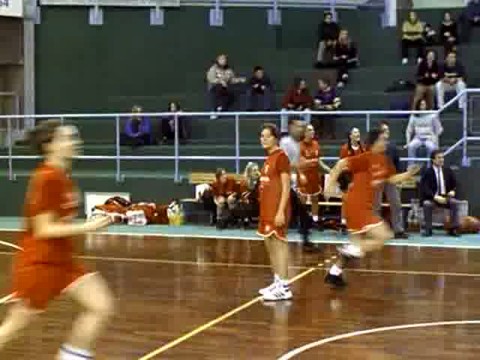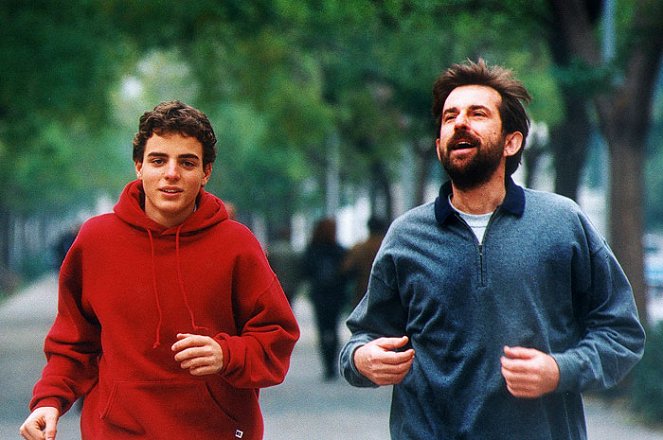Ohjaus:
Nanni MorettiKäsikirjoitus:
Nanni MorettiKuvaus:
Giuseppe LanciSävellys:
Nicola PiovaniNäyttelijät:
Nanni Moretti, Laura Morante, Jasmine Trinca, Renato Scarpa, Roberto De Francesco, Claudio Santamaria, Stefano Accorsi, Silvio Orlando (lisää)Juonikuvaukset(1)
Giovanni, Paola, and their teenage children Irene and Andrea, live in a small town in Northern Italy. Giovanni is a psychiatrist. Day after day his patients confide in him, the endless details of their neuroses contrasting sharply with his own ordered life. Giovanni's existence is one of strictly observed habits, even compulsions: he reads, listens to music, exhausts himself with long, lonely runs across town. One morning, Giovanni receives an urgent call from a patient and is unable to go running with his son as he had planned. Andrea goes diving with friends instead. He will not return... (jakelijan virallinen teksti)
(lisää)Videot (1)
Arvostelut (1)
Withdrawn into their shells, they communicate with each other only sporadically. They listen, but they don’t understand. They begin to realise what all they have been blind to only when their separation moves from the mental to the physical level. Their sadness seems endless. Nanni Moretti puts all of the weight on the viewer and without pressure leads us to go through the experience of loss together with the protagonists. The Son’s Room is built on carefully observed details of family life. The film’s uniqueness consists in its naturalness and its interest in the ordinary, in which we can see ourselves. The central tragedy is not overstated (as the Italians are glad to do), but only carefully examined. And there is no avoidance of lighter scenes, the exclusion of which would only serve to flatten the lives of the characters. We are not prepared far in advance for the crucial event of the narrative, which simply happens as a natural part of life. The film is dramaturgically enlivened by its division into two overlapping halves. The reprise of earlier shots, but now slower and sadder (a long following shot showing the interconnectedness of Giovanni’s personal and professional lives), forces us to make comparisons, to look for differences and to “find” what is missing. In the end, Giovanni also realises that the only reliable means of filling the gaps is probably (probably, because the ending, with the characters going their separate ways, is ambiguous) not the rules of psychoanalysis, but time, which never stops flowing through all of the comings and goings of his fellow humans. 85%
()


